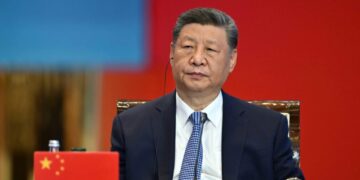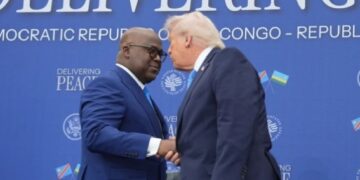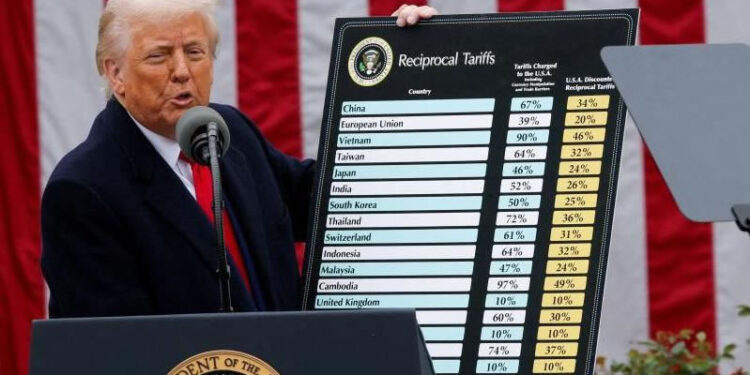A punishing 30 percent tariff on South African exports to the United States has now taken effect, delivering a blow to one of Africa’s most vital trade corridors. The fallout could be staggering: R63 billion in lost trade, up to 100,000 jobs at risk, and major hits to automotive, agriculture, and mining sectors that prop up the country’s fragile economy.
The move comes straight from President Donald Trump’s increasingly aggressive trade playbook. Labeling South Africa as benefiting from “unfair trade imbalances,” the US has slapped levies on key exports such as citrus, wine, cars, metals, and industrial machinery. These goods, once competitive in the American market, are now burdened with prices few US buyers will stomach. Pretoria contests the accusation, but the tariffs have landed anyway.
Talks to secure exemptions or soften the blow have gone nowhere. For South African exporters, the message is clear: brace for losses or find new markets fast. Car exports to the US have already dropped by 80 percent under earlier levies. Citrus and wine producers warn they’re losing market share they may never reclaim. The South African Reserve Bank estimates that job losses from this escalation could reach six figures, a body blow in a country already grappling with 33 percent unemployment.
Trade Minister Parks Tau insists that negotiations are still underway. He’s pushing a deal that includes liquefied natural gas imports, reduced restrictions on American poultry, and promised investments in mining and recycling sectors. But many see the response as too little, too late. Investors, already jittery from the country’s rolling blackouts and sluggish growth, are growing skittish. Thys van Zyl of Everest Wealth didn’t hold back, saying the government’s ambiguity is “how you drive capital away.”
The broader picture looks even bleaker. The African Growth and Opportunity Act, which has granted South Africa duty-free access to US markets for years, is set to expire in 2025. With Trump in charge, few believe it’ll be renewed. That means even steeper cliffs lie ahead. As Foord Asset Management’s Farzana Bayat put it, the loss of US trade “could be devastating.”
The government is now scrambling. Emergency support for affected industries is reportedly in the works. A World Trade Organization challenge might follow, though that route is slow and politically fraught. Some companies are already plotting their escape from dependence on the US, eyeing European, Chinese, and regional African markets instead.
But none of that undoes the damage already done. With the tariffs now live and no diplomatic off-ramp in sight, South Africa faces its most severe trade shock in a generation. And unless leadership moves quickly and decisively, the cracks in its economy could become chasms.




































